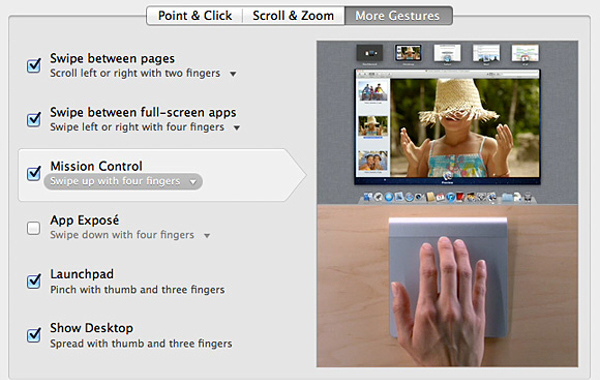Ground-Breaking Xbox 720 Tech Could Turn Rooms Into 3D Environments
Microsoft patent filing reveals new depth sensor and 360-degree interactive display
Microsoft’s R&D division is working on a landmark display technology that will project a full 3D game environment across the walls of player’s bedrooms and living areas, a new patent filing shows.
A breakthrough device, known in the patent as an “environmental display”, will project 360-degree game worlds across all four walls of a room using advanced projection technology.










